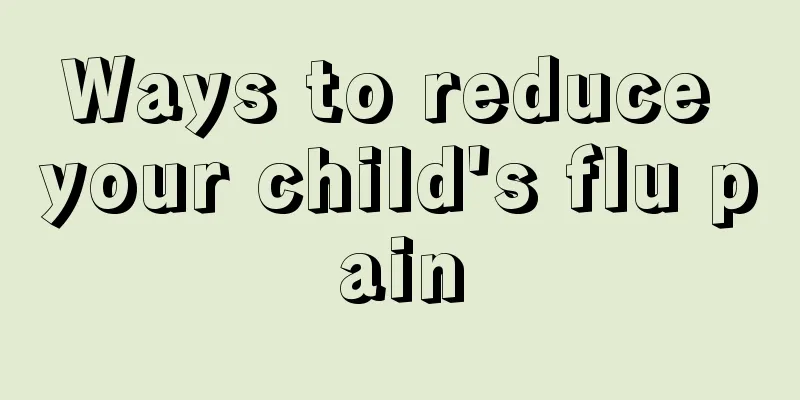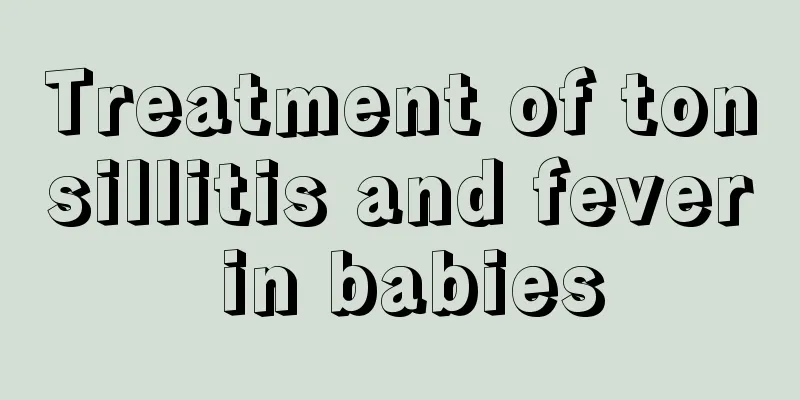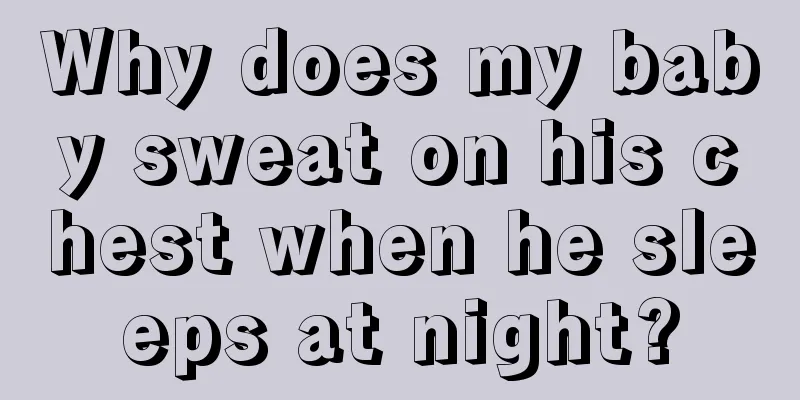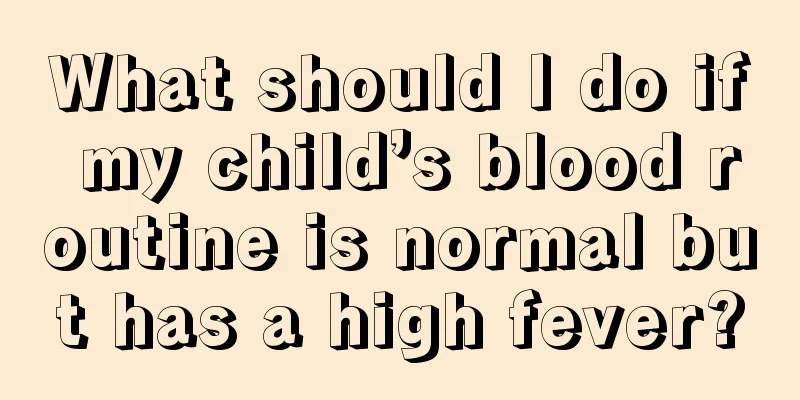Child loses his voice
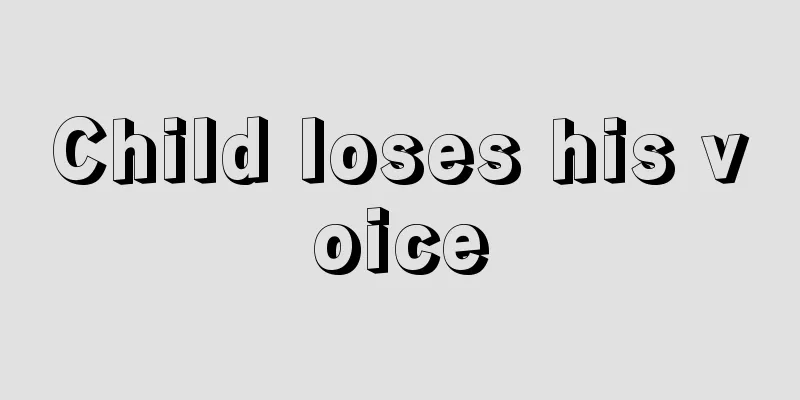
|
In our lives, there are many children who may lose their voices due to sudden fright after learning to speak. It may also be due to a cold that causes a dry throat, or a cough that causes phlegm in the throat. It is also more likely that the child will lose his voice. For children who lose their voice, parents should first find out the cause of their children's voice loss, and then find a doctor to prescribe the right medicine. Don't panic, and work hard to cooperate with the doctor's treatment. It will definitely be cured. First, let us take a look at where the sounds of children talking, crying and laughing come from. There are two mechanisms for the formation of sound: first, the human vocal cords complete the sound production mechanism to form the pitch; second, the oral structure (including teeth, jaw, and tongue) cooperates with the lips to produce pronunciation. What we mean by aphonia here is that the child has lost the "power" to make sounds, which destroys the normal shape and structure of the vocal cords in the throat. Often the most common cause of destruction in children is inflammation of the throat (especially the larynx) caused by infection. The more severe the inflammation, the larger the swelling area of the vocal cords in the throat, making it impossible to form high notes, resulting in hoarseness and even in severe cases, the inability to make any sound.It is true that laryngitis accompanied by hoarseness is an upper respiratory tract infection, but you must not underestimate the hoarseness or even "loss of voice" associated with laryngitis just because it is only an upper respiratory tract infection! Children's respiratory tracts, especially the upper and lower respiratory tracts of infants and young children, are immature, and the airways are significantly narrower than those of adults. The mucosa is more prone to congestion and edema. In addition, the throat itself is the narrowest part of the entire airway. Therefore, once mucosal edema and increased secretions occur, obvious signs of airway obstruction will appear, and in severe cases, suffocation may occur. In addition to hoarseness and loss of voice, typical early symptoms of laryngitis also include intermittent, short, irritating "hollow, hollow" coughs, which sound like a puppy barking, which we call a "barking cough." Especially for young infants and young children, inflammation of the throat will spread to the lower respiratory tract, causing acute laryngotracheobronchitis and obvious symptoms of wheezing and shortness of breath. Parents will find that at first the child only has some symptoms of upper respiratory tract infection such as coughing and runny nose, and later on they develop hoarseness, sore throat, low crying, and even "loss of voice". Some children may also have a fever. Parents need to be especially vigilant at this stage. Once a child shows the following symptoms of "laryngeal obstruction", it often indicates that the condition is more serious, especially III° and IV° laryngeal obstruction, which often indicates that the child is close to suffocation and is in danger of life. Therefore, if upper respiratory tract infection is accompanied by hoarseness or even "loss of voice", it is better for parents to take their children to the doctor as soon as possible!So how does a doctor treat this condition? First of all, the most important treatment for laryngitis is symptomatic treatment to reduce swelling. It is imperative to eliminate throat edema as quickly as possible! The preferred drug is "glucocorticoids". When it comes to "hormones", parents must be worried and wonder if there will be serious side effects. In fact, there is no need to worry. Hormones used in regular dosage forms, doses and courses of treatment are very effective and safe. Depending on the condition of the disease, the doctor will choose intravenous, intramuscular or oral hormone treatment. Medical institutions with conditions can also choose nebulized inhaled corticosteroids alone or simultaneously, which will also have a more obvious effect in controlling laryngitis symptoms at an early stage. If the child shows obvious signs of "laryngeal obstruction", it is necessary to keep the child's airway open and provide oxygen. If it is unfortunately a critical III° or IV° laryngeal obstruction, tracheotomy may be required. Do not delay, otherwise there will be more serious consequences.Secondly, it is the cause of laryngitis treatment. Most laryngitis is infectious, mainly viral infection or bacterial infection, so anti-infection treatment is necessary (if it is a bacterial infection, the doctor will recommend the use of antibiotics); if the child is affected by the external environment and the laryngitis is caused by allergic factors, then the first thing is to get away from the allergens, and then carry out targeted anti-allergic treatment. In short, I hope that through my introduction, parents will be able to recognize childhood laryngitis with hoarseness or "loss of voice" as the main manifestation, and be able to identify, detect and treat it early! |
<<: 5-year-old child fell to the ground and vomited
Recommend
What to do if your child has neck pain
In daily life, parents should pay close attention...
Is the baby's hyperactivity due to zinc deficiency?
Many parents find that their babies are very acti...
What is the order in which deciduous teeth erupt?
For children, the issue of teething is something ...
What is the treatment for farsightedness in children?
Hyperopia in children is a type of eye disease in...
Seven-month-old baby's smart performance
Babies are very smart. Many babies can experience...
What to do if your 3-year-old baby has a poor physique
Usually every parent hopes that their baby has a ...
Prevention and treatment of viral infections in children
Viral infection is a relatively serious infection...
What are some ways for children to grow taller quickly?
I believe that everyone agrees with this truth in...
A one and a half month old baby's alkali phosphatase is as high as 810
Babies are very important to their parents, even ...
How often should I feed my newborn baby?
When babies are just born, they can't speak o...
Why do children love to blink?
Today's children are lively, cute, active, an...
What to do if the baby does not grow teeth at eight months old
Infants and young children will start to grow tee...
Hazards of neonatal infusion
When a person has a more serious illness, he or s...
How is the intelligence of a baby with a single umbilical cord
Many mothers will do multiple prenatal checkups w...
Which department should children with hernia go to?
When parents encounter children with hernia, they...
